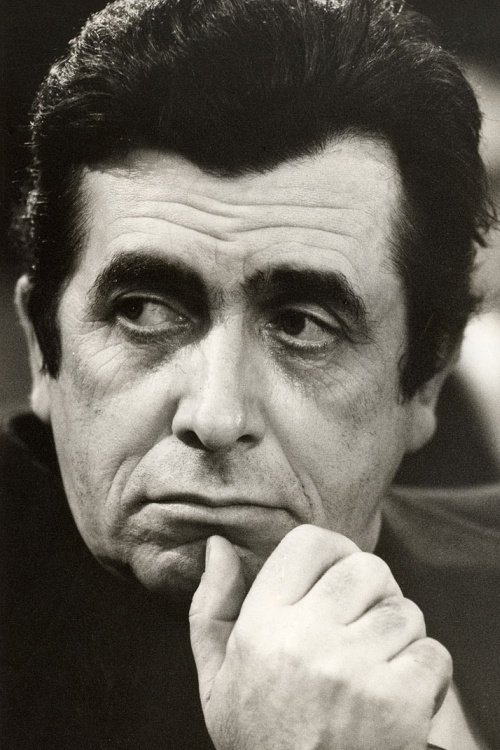
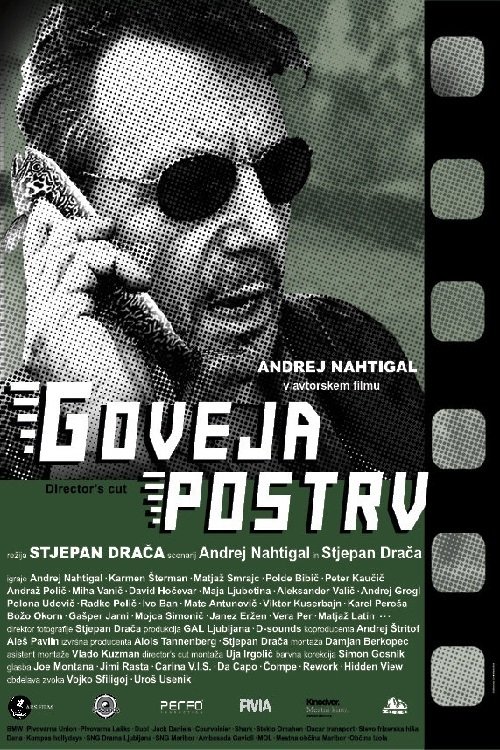
It puts in front the character of the actor Andrej Nahtigal and a section of his life, shot in real time and among real people who can play their roles by heart, since they live them in real environment.
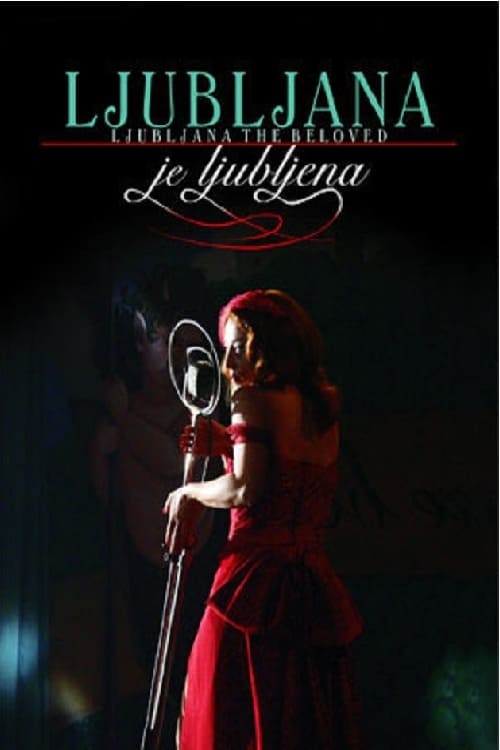
Oton, a young boy, is growing up while his hometown Ljubljana changes, from 1934, when King Alexander of Yugoslavia is killed in France, through first the Italian and then the German occupations of the city, until the arrival of Communism.
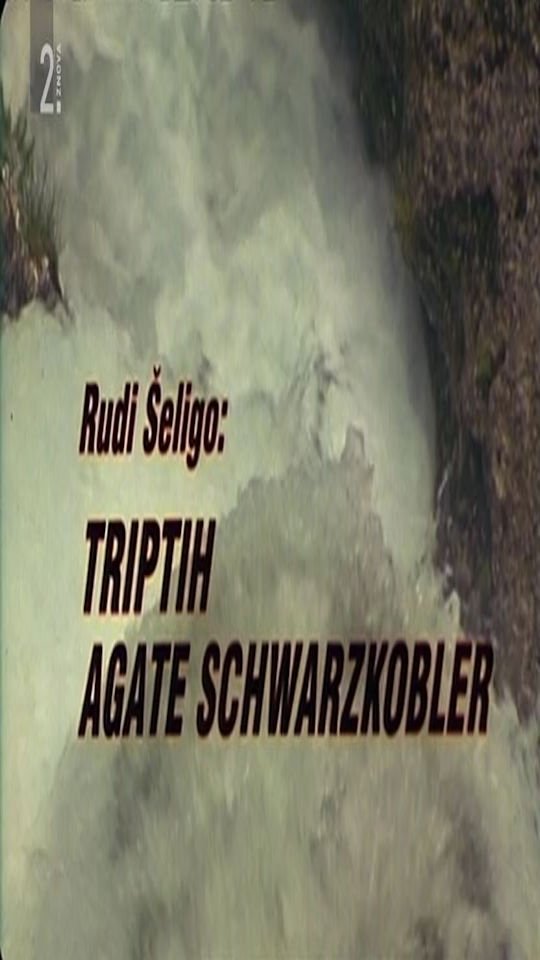
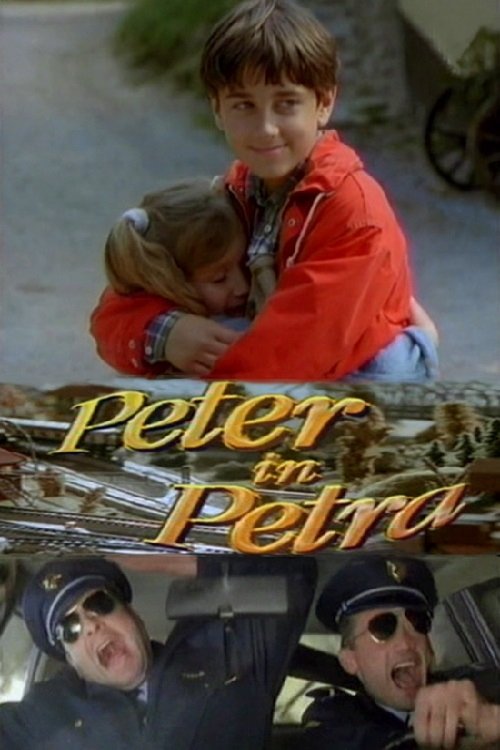
Peter is fed up with his father’s unfulfilled promises to visit his friend Zoran, who moved far away with his parents some months ago. He forces his father to sear he will fulfill his promise. Peter immediately tells his friend the good news, and because Zoran doesn’t believe they will really come, Peter swears he will come if he has to do it alone. The next day, Peter’s father postpones the visit once again and rushes to work. But Peter doesn’t want to break his promise and sets off to visit his friend alone. Peter’s younger sister Petra attempts to reveal what is right and what isn’t in the events that follow - and when she finds the solution - it’s a surprise for everyone.
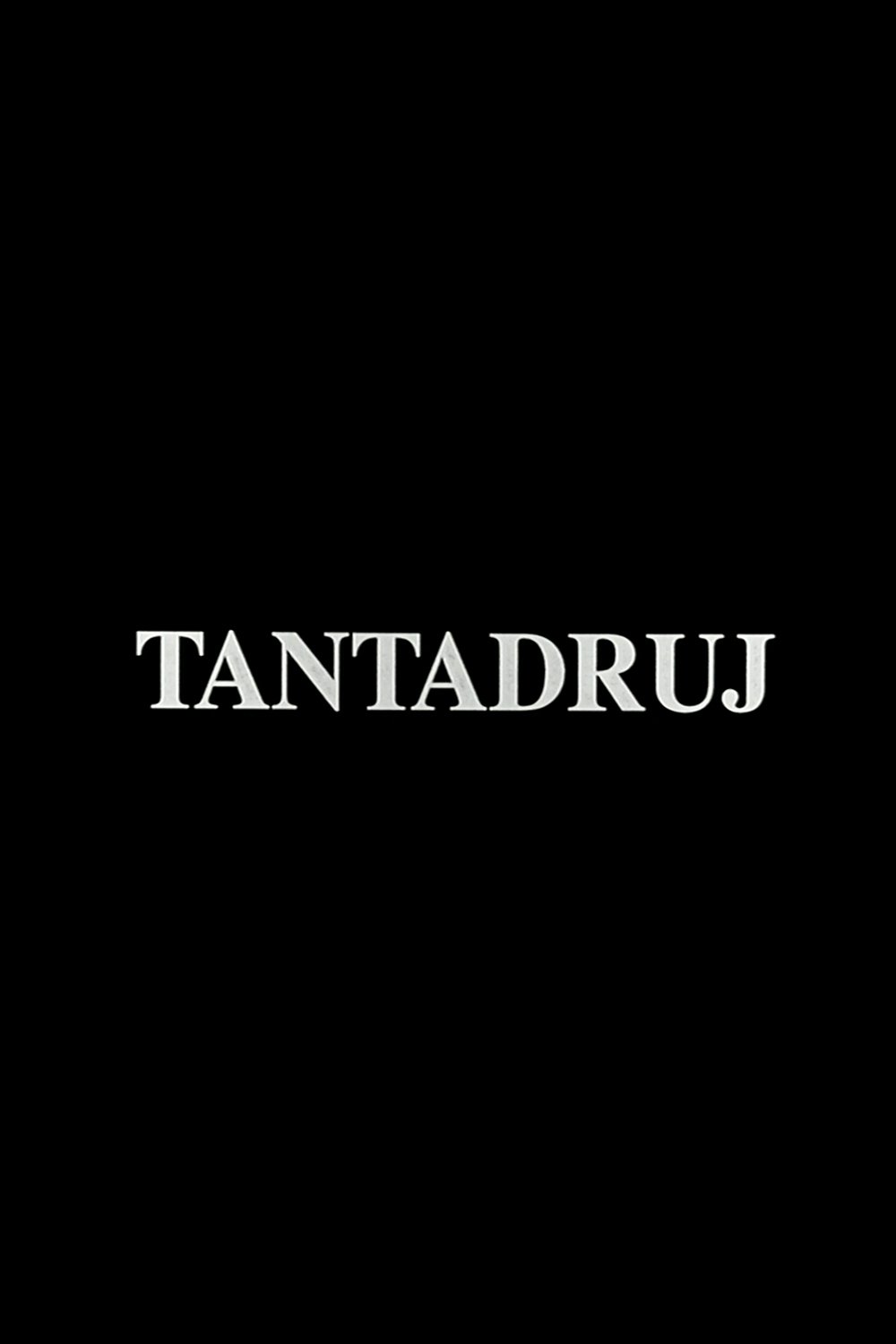
A world between the dreams and reality, between commonsense pragmatism and madness, between earthly gendarmes, priests, fair organizers on one hand, and children of God, to whom all our smartness is crazy, on the other.
A story about old people, the members of the secret society called Goethe, who feed on the energy of young men whose corpses are hidden in their laboratory. Even though police is on their trail, Goethe members manage to trick Pavle, the inspector-in-charge. However all of this energetic vampirism is busted when Kristina, one of the members, falls in love with the inspector.
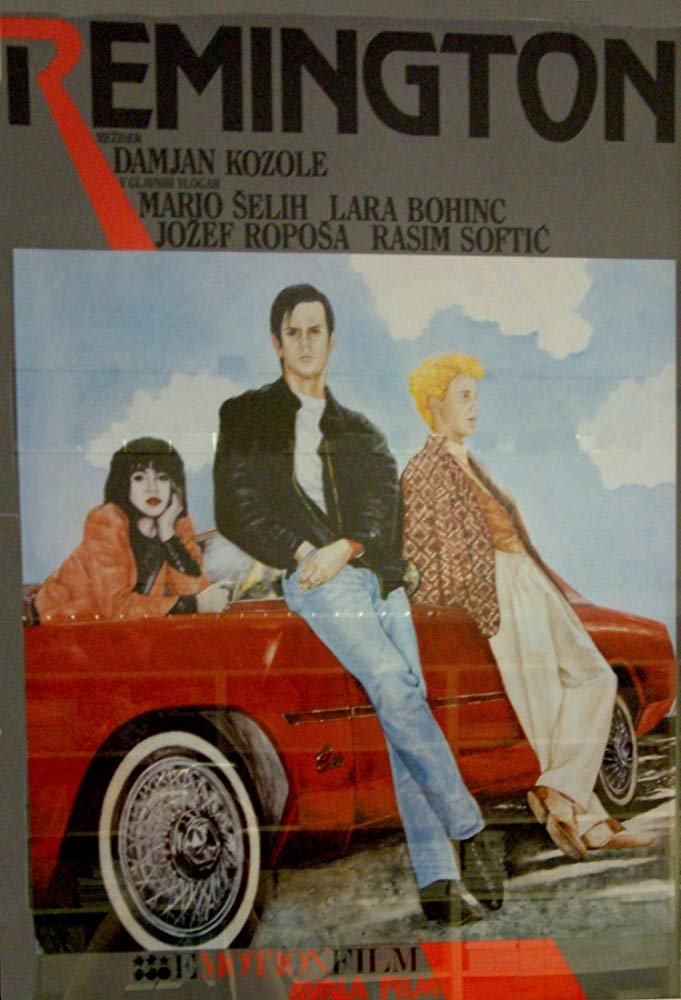
Oscar runs away from prison only five days before release. He droves off with his girlfriend to Split in a red car, so they could go to Italy and then to America. They meet photographer Jan, and thus their final destination seems every so closer. As police is on their trail, Oscar starts to suspect Jan...
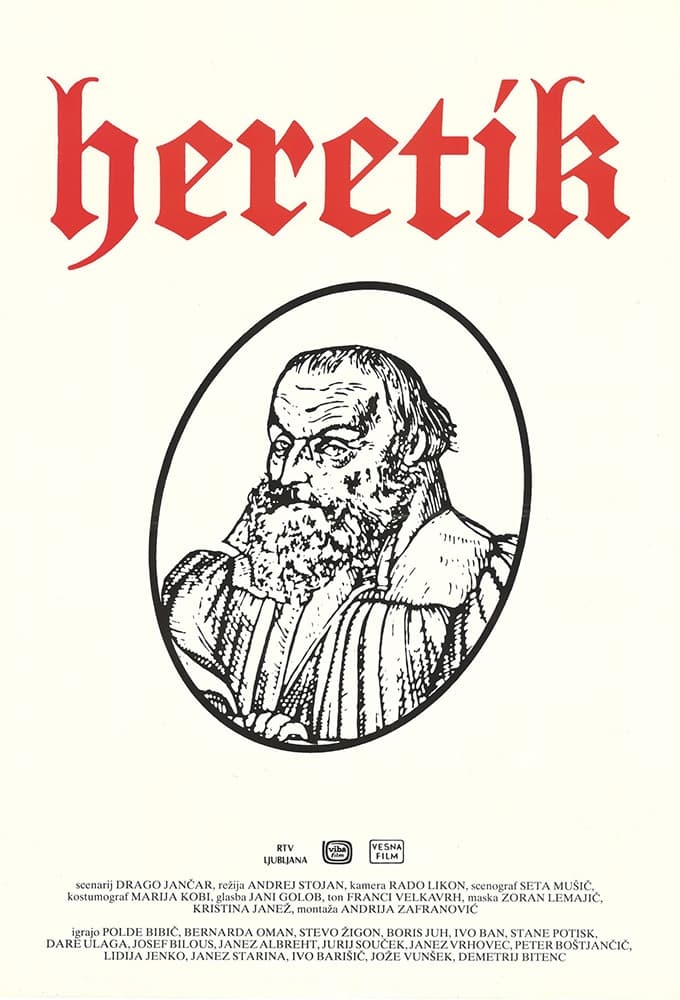
The life of the author of the first-ever book written in the Slovene language, Primož Trubar, in the years 1562 to 1565, during his return to Ljubljana.
By browsing this website, you accept our cookies policy.